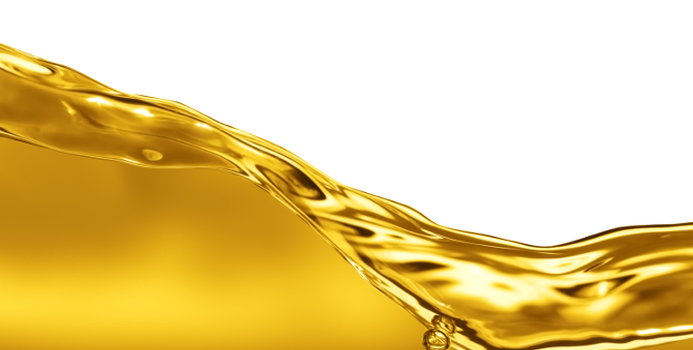When you walk down the cooking supplies aisle at the grocery store, you may be a bit surprised and overwhelmed by the selection that is now available in most markets regarding oils--olive oil, canola oil, safflower oil and so on. There may be exotic choices, such as sunflower oil or coconut oil, but also the standard olive and vegetable oils. Read below to help you understand the benefits of each of these items and when to use which particular type of oil.
About Oils
All oils seem to tout different health and cooking benefits, but what exactly are these benefits? Oils are composed of heart healthy, or good fats, and artery clogging, or bad fats. Good fats include monounsaturated fat and polyunsaturated fat, both of which lower total cholesterol and lower LDL cholesterol, the bad type of cholesterol. Bad fats include saturated fat and trans fat, both of which raise LDL cholesterol.
What is Olive Oil?
Olive oil is a natural juice that is derived from the olive. Olive oil is the only vegetable that is natural and can be consumed freshly pressed from the fruit.
Olive oil is rich in monounsaturated fats, which lowers cholesterol. Virgin olive oil also contains polyphenol, which is an antioxidant that protects the body from free radical damage. Olive oil has the largest amount of heart healthy monounsaturated fat compared to all other naturally produced oils.
For individuals who are suffering from ulcers or gastritis, olive oil helps activate bile and pancreatic hormones, helping to ease symptoms. Additionally, olive oil has been shown to lower the occurrence of gallstones.
Olive oil has a low smoke point, which makes it the preferred oil when requiring medium to high heat, such as when you are stir-frying or pan searing foods. Olive oil has a distinct taste that can add flavor to foods, like pastas or grilled vegetables.
What is Vegetable Oil?
Vegetable oil is typically made by blending the oils from a variety of nuts, fruits and seeds. Common varieties in vegetable oil include olive oil, soybean oil, corn oil, safflower oil and peanut oil.
Vegetable oil has similar heart healthy benefits as olive oil since the oil is a blend of heart healthy oils, such as canola and olive oil.
Vegetable oil has a higher smoke point than olive oil, making it a better option when cooking at extremely high temperatures. Vegetable oil also has virtually no taste, making it an excellent option when baking or cooking foods. The flavor of the vegetable oil will not overshadow or impact the overall flavor of the dish.
Olive Oil Compared to Vegetable Oil
Olive oil has more health benefits and is a more natural oil compared to vegetable oil. Olive oil has a lower smoke point than vegetable oil because it has a lower fat content than vegetable.



